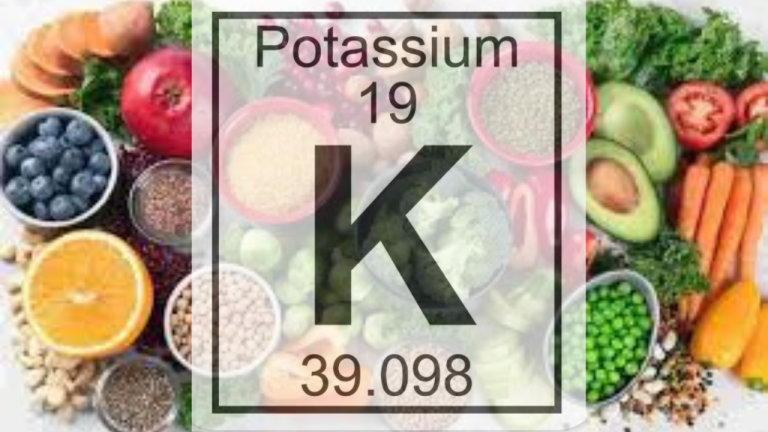How Does Consuming High Amounts of Sugar And Processed Foods Affect Cholesterol Levels?

Consuming high amounts of sugar and processed foods can have negative effects on cholesterol levels, potentially contributing to an increased risk of cardiovascular disease. Here’s how it can impact cholesterol:
Increased LDL cholesterol: Diets high in added sugars and processed foods can lead to increased levels of low-density lipoprotein (LDL) cholesterol, often referred to as “bad” cholesterol. High intake of added sugars, such as those found in sugary beverages, sweets, and processed foods, can contribute to higher levels of LDL cholesterol in the blood, which can build up on artery walls and lead to the formation of plaques. These plaques can narrow the arteries and increase the risk of cardiovascular disease.
Decreased HDL cholesterol: High intake of added sugars and processed foods may also lead to decreased levels of high-density lipoprotein (HDL) cholesterol, often referred to as “good” cholesterol. HDL cholesterol helps remove LDL cholesterol from the bloodstream and has a protective effect against cardiovascular disease. Consuming excess added sugars and processed foods can lower HDL cholesterol levels, reducing its beneficial effects on heart health.
Increased triglycerides: Diets high in added sugars and processed foods can also lead to increased levels of triglycerides, which are a type of fat in the blood. High intake of added sugars, especially in the form of fructose, can contribute to increased triglyceride levels, which can increase the risk of cardiovascular disease when present in excess.
Overall poor diet quality: Diets that are high in added sugars and processed foods are often low in nutrients such as fiber, vitamins, and minerals, which are important for overall health, including cardiovascular health. Consuming a poor-quality diet can lead to weight gain, inflammation, and other metabolic disturbances, which can also impact cholesterol levels and increase the risk of cardiovascular disease.
It’s important to note that cholesterol levels are influenced by a variety of factors, including genetics, lifestyle, and other dietary habits, and that individual responses can vary. However, consuming high amounts of added sugars and processed foods can contribute to negative effects on cholesterol levels and increase the risk of cardiovascular disease. It’s important to prioritize a healthy and balanced diet that includes whole, nutrient-dense foods to support optimal cholesterol levels and overall health. Consulting with a healthcare professional or a registered dietitian can provide personalized guidance on dietary choices for managing cholesterol levels.



